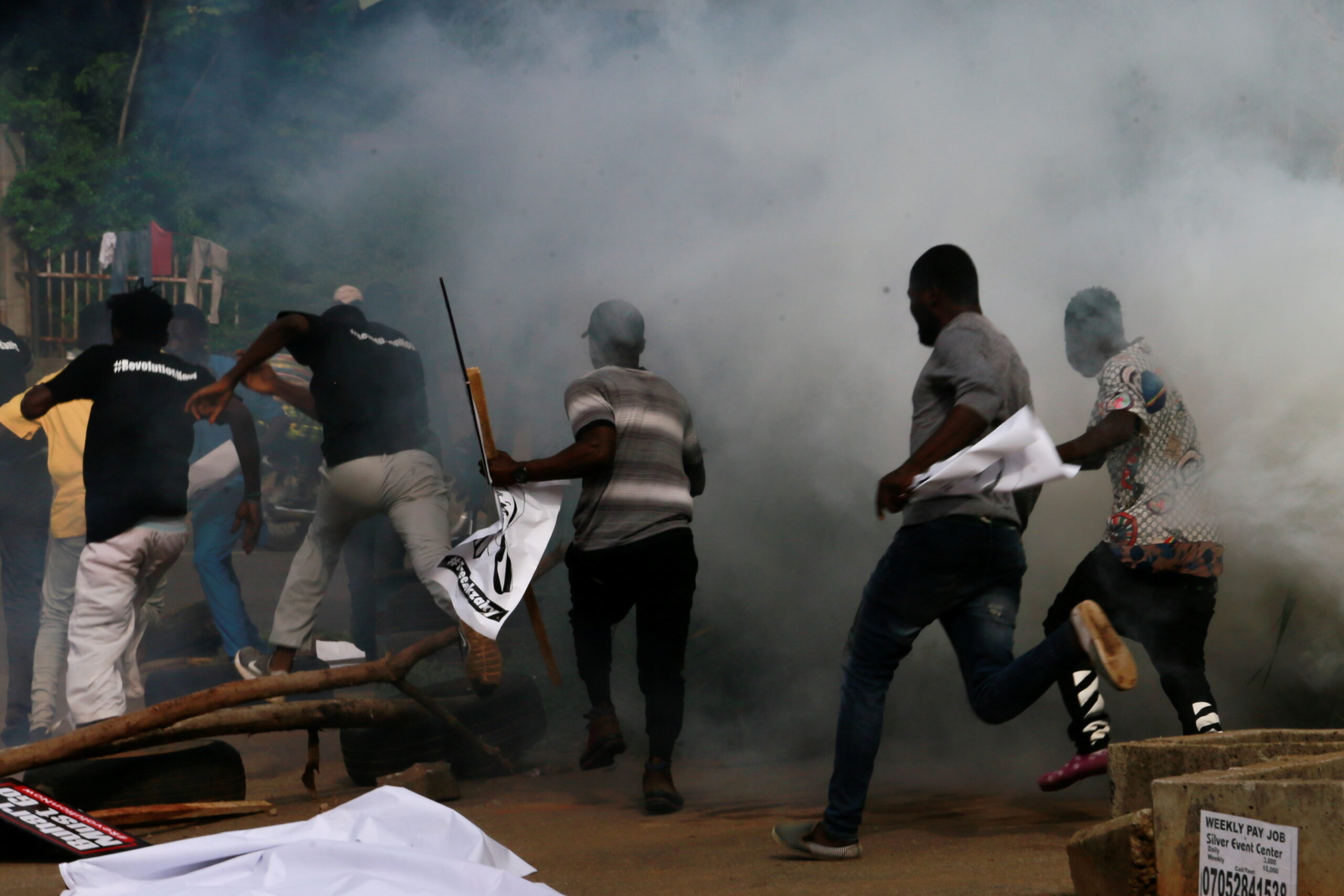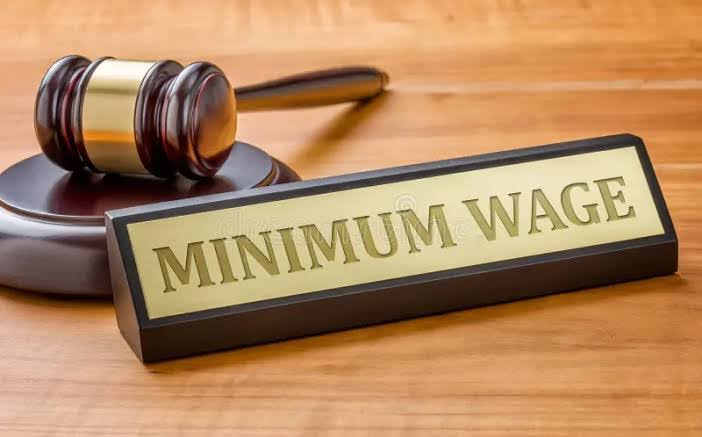October 1, 2024, was supposed to be a day of celebration, marking Nigeria’s 64th Independence Day. Instead, the streets of Abuja echoed with the sound of tear gas and chaos as police clashed with protesters.
The Utako market area, usually bustling with activity, became a battleground as demonstrators converged to voice their grievances. The #FearlessInOctober protest, organized by civil society organizations under the #EndBadGovernance movement, aimed to highlight the struggles of ordinary Nigerians.
Fuel price hikes, skyrocketing food costs, and crippling inflation had brought citizens to the boiling point. The recent reforms implemented by President Bola Tinubu’s administration had only added fuel to the fire.
As protesters gathered in the early hours, police operatives arrived on the scene, ready to quell the dissent. Tear gas filled the air, sending demonstrators running for cover. The once-peaceful gathering quickly descended into chaos.
“This is not the Nigeria we want,” shouted one protester, her voice hoarse from the tear gas. “We demand change, not more suffering!”
The military, deployed to maintain order, positioned themselves strategically along the Kubwa-Zuba expressway. Their presence only added to the tension.
The protests were not limited to Abuja; Lagos had also joined the movement. But unlike August’s protests, which drew massive crowds and resulted in 11 deaths and the arrest of a journalist, today’s turnout seemed smaller.
Still, the message remained clear: Nigerians would no longer tolerate the status quo. They demanded action from their leaders.
As the day wore on, the streets began to calm, but the underlying tensions remained. The struggle for a better Nigeria continued, with no end in sight.
Only time would tell if the government would listen to the people’s cries for change.





